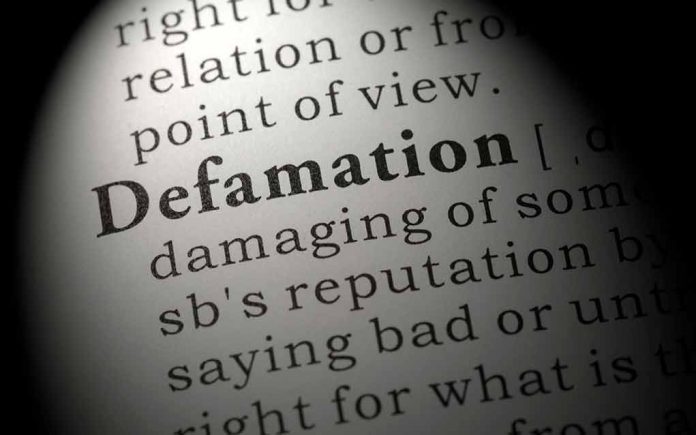
Donald Trump has embarked on a $10 billion defamation lawsuit against prominent media outlets, promising a high-stakes legal battle over allegations of dishonesty in reporting his actions.
At a Glance
- Trump’s $10 billion lawsuit targets the New York Times and CBS for alleged defamation.
- The lawsuit arises from publications about his financial and political behavior.
- CBS is accused of manipulating a “60 Minutes” interview that influenced Harris’s electoral chances.
- Trump maintains that major media outlets hold bias against him.
Unprecedented Legal Action
Trump, through his legal representative Edward Andrew Paltzik, is seeking $10 billion in damages from the New York Times and Penguin Random House for what he claims are false and defamatory statements. Paltzik describes these outlets as biased in favor of the Democratic party, particularly citing articles related to his financial dealings and authored by writers Susanne Craig and Russ Buettner.
The letter which demands these reparations was sent before the most recent presidential election but only recently became public. The lawsuit is anchored in the perception of longstanding bias, asserting that media narratives have unfairly damaged his personal and political reputation.
🚨🇺🇸TRUMP SUES MEDIA OUTLETS FOR $10 BILLION, CLAIMS BIAS
Trump has filed lawsuits against the New York Times, CBS, and other media outlets, accusing them of defamation and political bias.
The suits, demanding $10 billion in damages, target coverage Trump calls… pic.twitter.com/8UOv1OoulP
— Mario Nawfal (@MarioNawfal) November 15, 2024
Focus on CBS Accusations
The lawsuit against CBS primarily criticizes the editing of a “60 Minutes” interview with Vice President Kamala Harris. Trump accuses the network of misleading editing, constituting unlawful electoral interference. The lawsuit claims CBS betrayed journalistic integrity by presenting Harris in an unjustly favorable light. In contrast, CBS rejects these allegations, defending the interview as neither doctored nor intended to mislead audiences.
“Former President Trump’s repeated claims against 60 Minutes are false. The interview was not doctored, and 60 Minutes did not hide any part of the vice president’s answer to the question at issue. 60 Minutes fairly presented the interview to inform the viewing audience, and not to mislead it.” per CBS News.
Trump’s previous stances suggest his resolve in confronting media bodies that, in his view, systematically target him with negative press, as he has expressed distrust about the intentions of prominent media outlets.
Context of the Lawsuit
This recent lawsuit against CBS and the New York Times is part of a pattern of defamation actions filed by Trump. In previous instances, lawsuits against CNN and The Washington Post have encapsulated his efforts to combat what he perceives as media slander. His current legal action comes strategically close to the 2024 presidential election, perhaps further fueling discussions on media objectivity and its influence on political contexts.
“There was a time, long ago, when the New York Times was considered the ‘newspaper of record,” wrote Trump’s attorney, Edward Andrew Paltzik.
As the looming election date approaches, the courtroom dispute over alleged defamation is likely to draw public attention, igniting debate on the fine line between responsible journalism and defamation.









